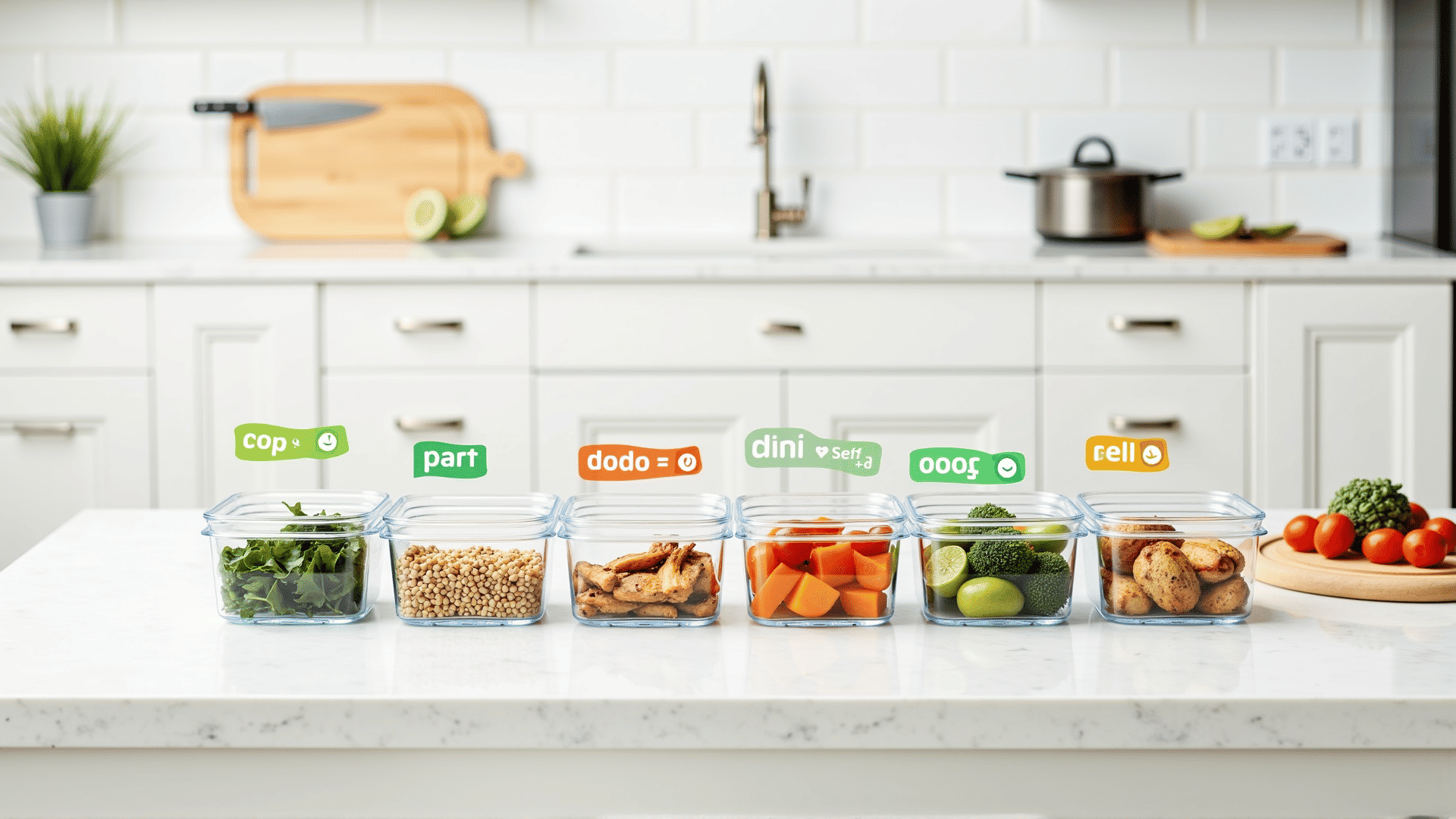In today's fast-paced world, finding time to prepare healthy meals can be a challenge for busy professionals. However, with a bit of planning and organization, meal prep can become a seamless part of your weekly routine. Here are some valuable meal prep tips to help you save time and ensure that you’re eating well throughout the week.
1. Plan Your Meals in Advance
The first step to successful meal prep is planning your meals in advance. Set aside time each week to decide what you want to eat for breakfast, lunch, and dinner. Consider your schedule and choose recipes that are practical given the time and ingredients you have available. Aim for a balanced diet that includes a variety of proteins, vegetables, and whole grains.
2. Create a Shopping List
Once you've planned your meals, make a comprehensive shopping list. Organize your list by category, such as produce, proteins, or grains, to make your grocery shopping trip more efficient. Stick to your list to avoid impulse buys that can lead to wasted time and money.
3. Batch Cooking is Key
Batch cooking can save you considerable time throughout the week. Prepare large quantities of versatile staples such as roasted vegetables, grilled chicken, or quinoa that can be used in multiple meals. Stored in containers, these can serve as the base for a variety of dishes, making assembly easier during the week.
4. Invest in Quality Containers
Investing in a set of quality, reusable containers is essential for effective meal prep. Opt for BPA-free plastic, glass, or stainless steel containers that can safely hold multiple servings. Ensure they're leak-proof to prevent spills, especially if you'll be transporting meals to work.
5. The Power of Freezing
Don’t underestimate the power of your freezer. Meals that cannot be consumed within a few days can be frozen to extend their shelf life. Soups, stews, cooked grains, and meats all freeze well. Label each container with the contents and the date for easy identification later.
6. Designate a Prep Day
Choose a day when you have a few hours to dedicate to meal prep. For many, Sundays work well. Use this time to wash and chop vegetables, grill meats, and prepare any other components that will save you time on busy weekdays. Make it enjoyable by listening to music or a podcast.
7. Simplify Your Recipes
While variety is important, overly complex meals can become burdensome. Focus on simple recipes with similar ingredients to streamline your meal prep. Remember, the goal is to make healthy eating easy, not to become a gourmet chef overnight.
8. Stay Flexible
While planning is important, flexibility is also key. Some weeks might not go as planned and that’s okay. Keep a few quick, nutritious backup options on hand, like canned beans and frozen veggies, for those unexpected busy days.
9. Make Use of Tech Tools
Take advantage of technology to keep your meal prep on track. Apps like Mealime or Paprika can help organize your recipes and shopping lists, making the entire process more streamlined.
10. Prioritize Balance and Nutrition
When planning meals, prioritize balance. Include a mix of proteins, fats, and carbohydrates to keep you satiated and energized throughout the day. By planning balanced meals, you’ll be less likely to reach for unhealthy snacks.
Meal prepping might seem daunting initially, but with practice, it can transform into a rewarding weekly ritual that saves time and stress. By incorporating these tips into your routine, you can ensure that you’re equipped to eat well and maintain a healthy lifestyle despite a busy schedule.
